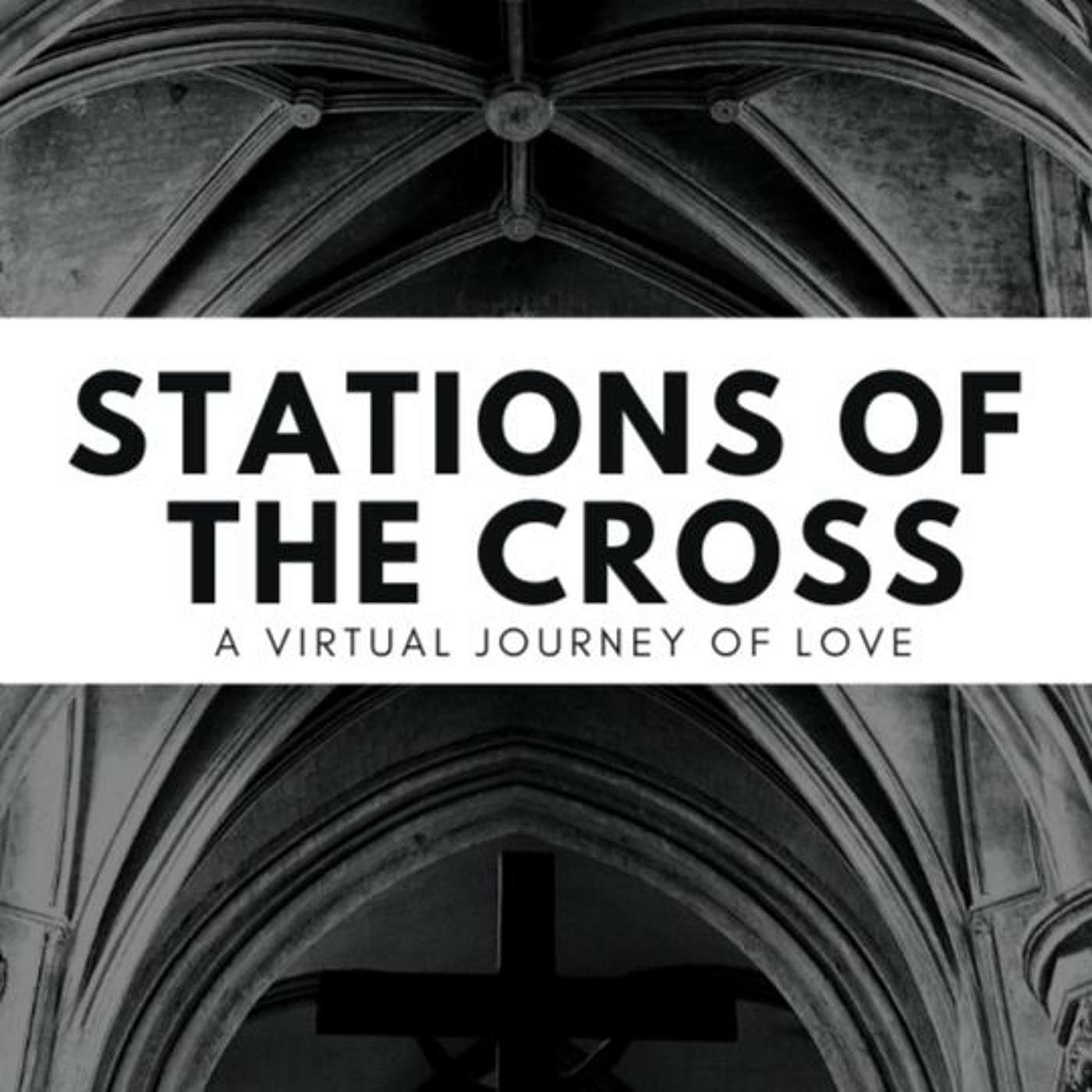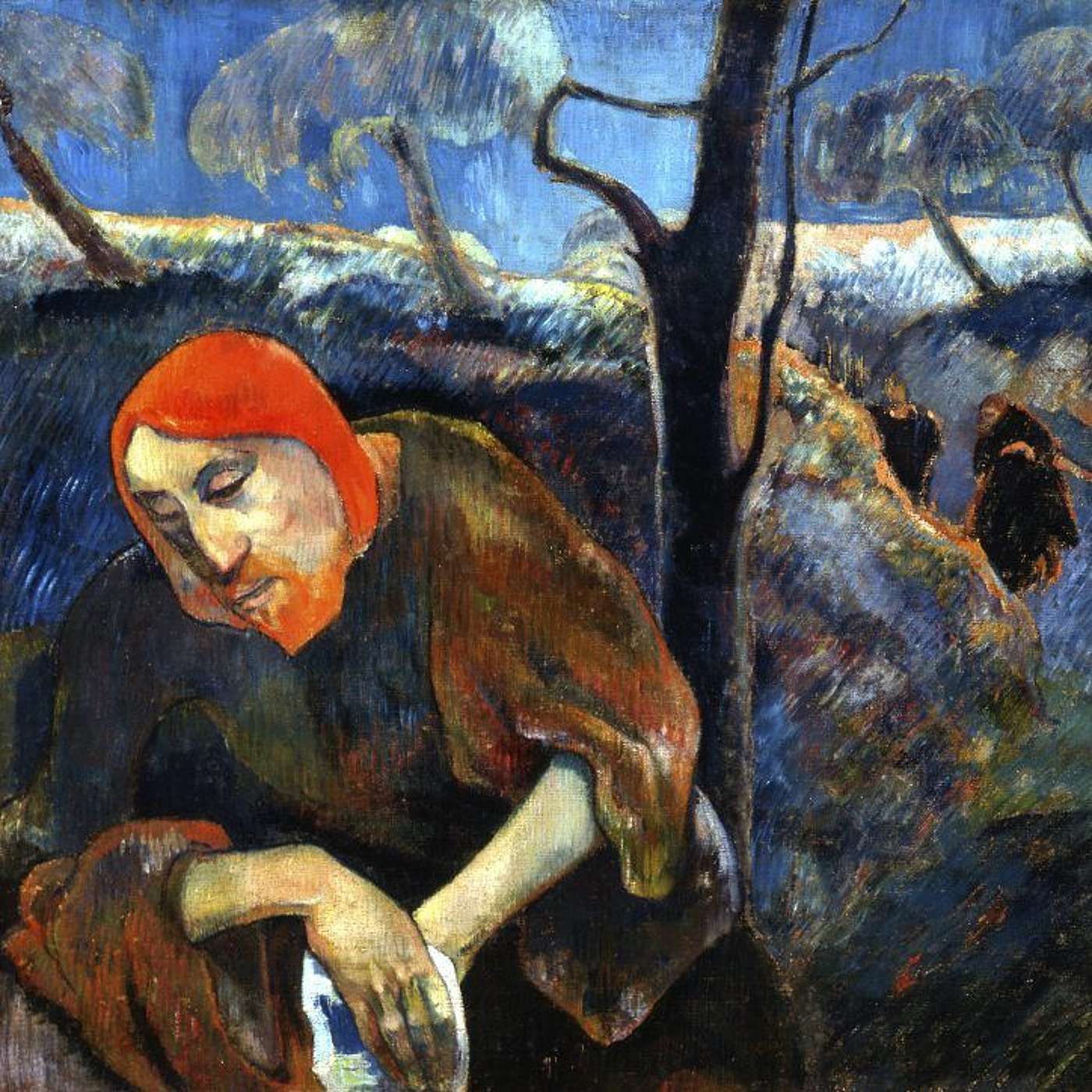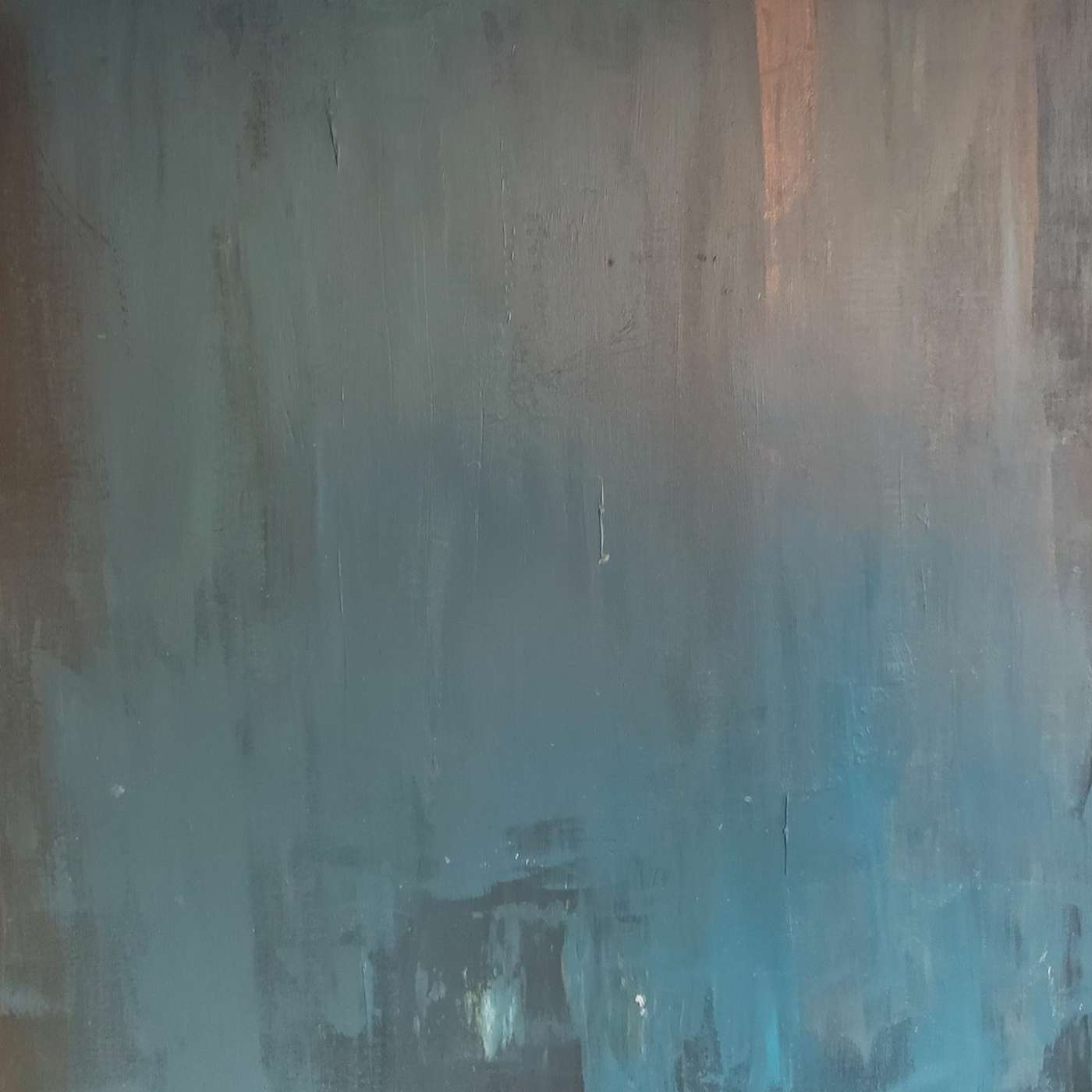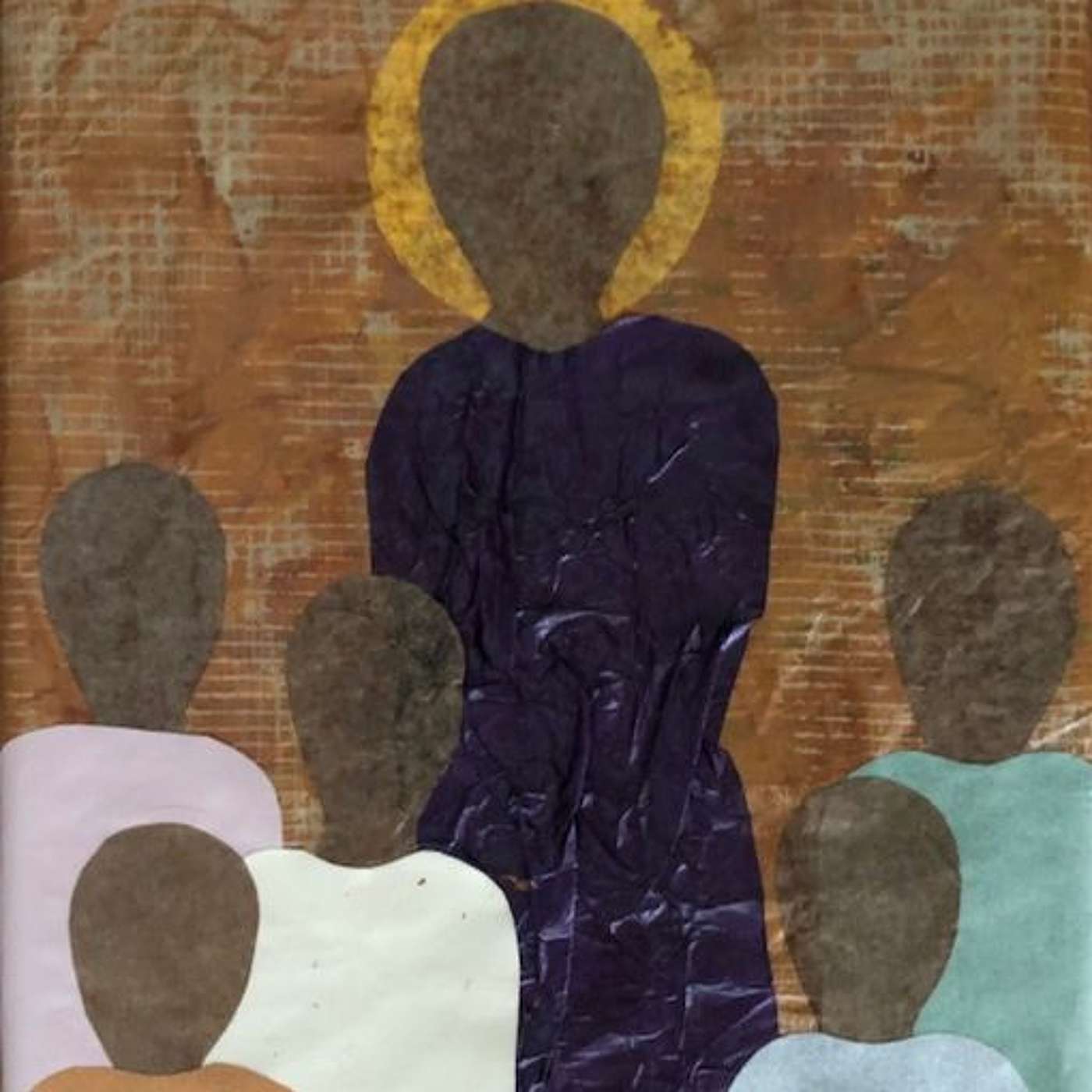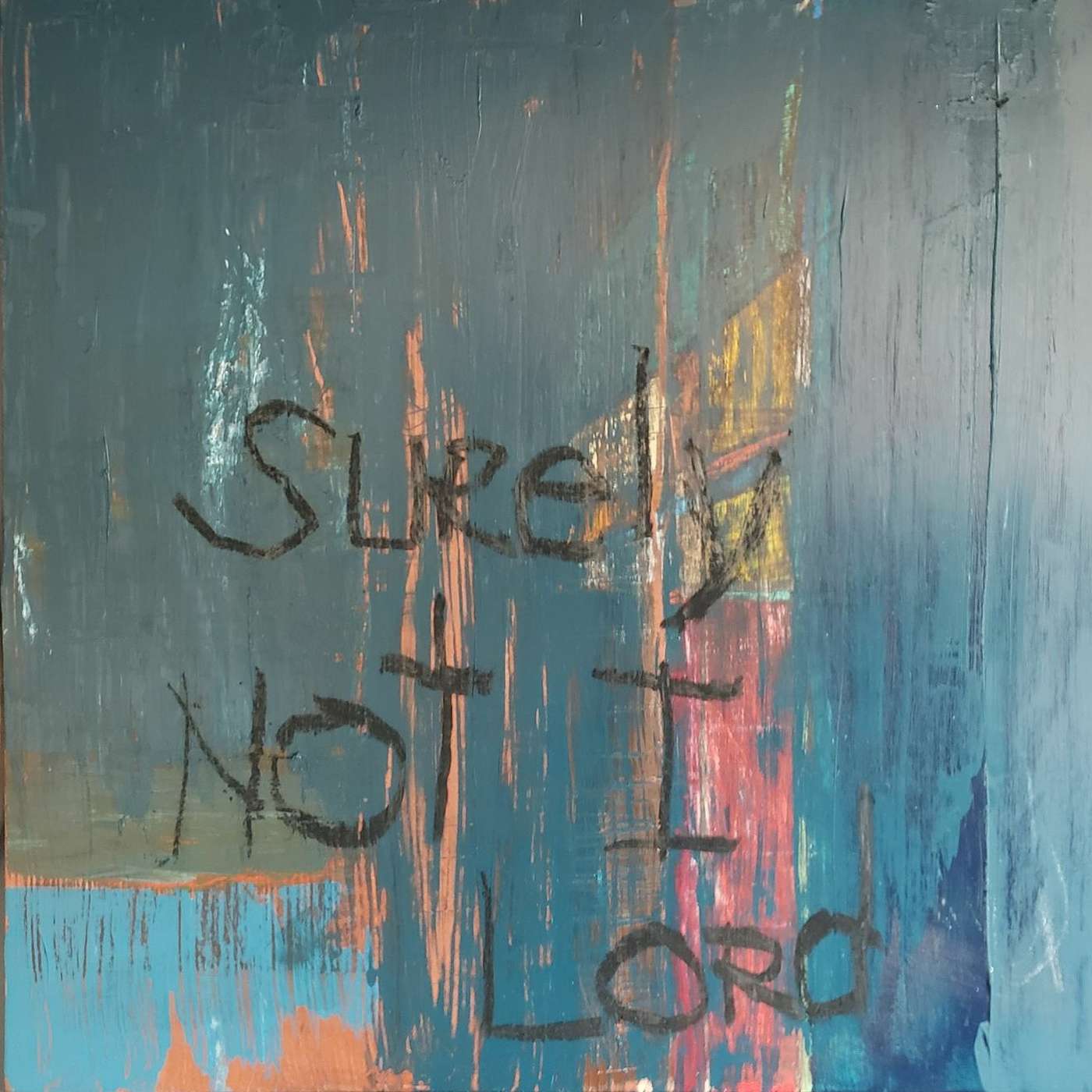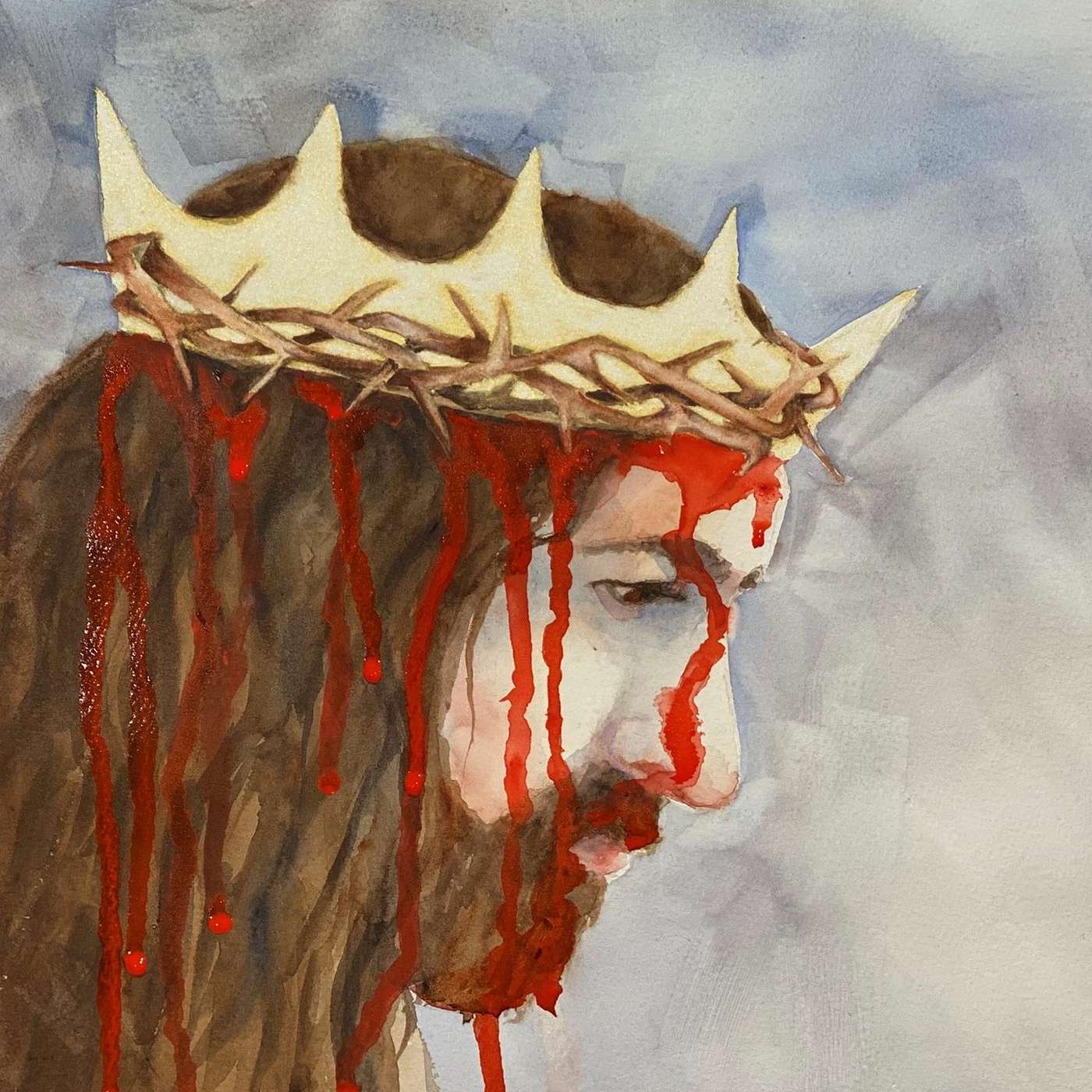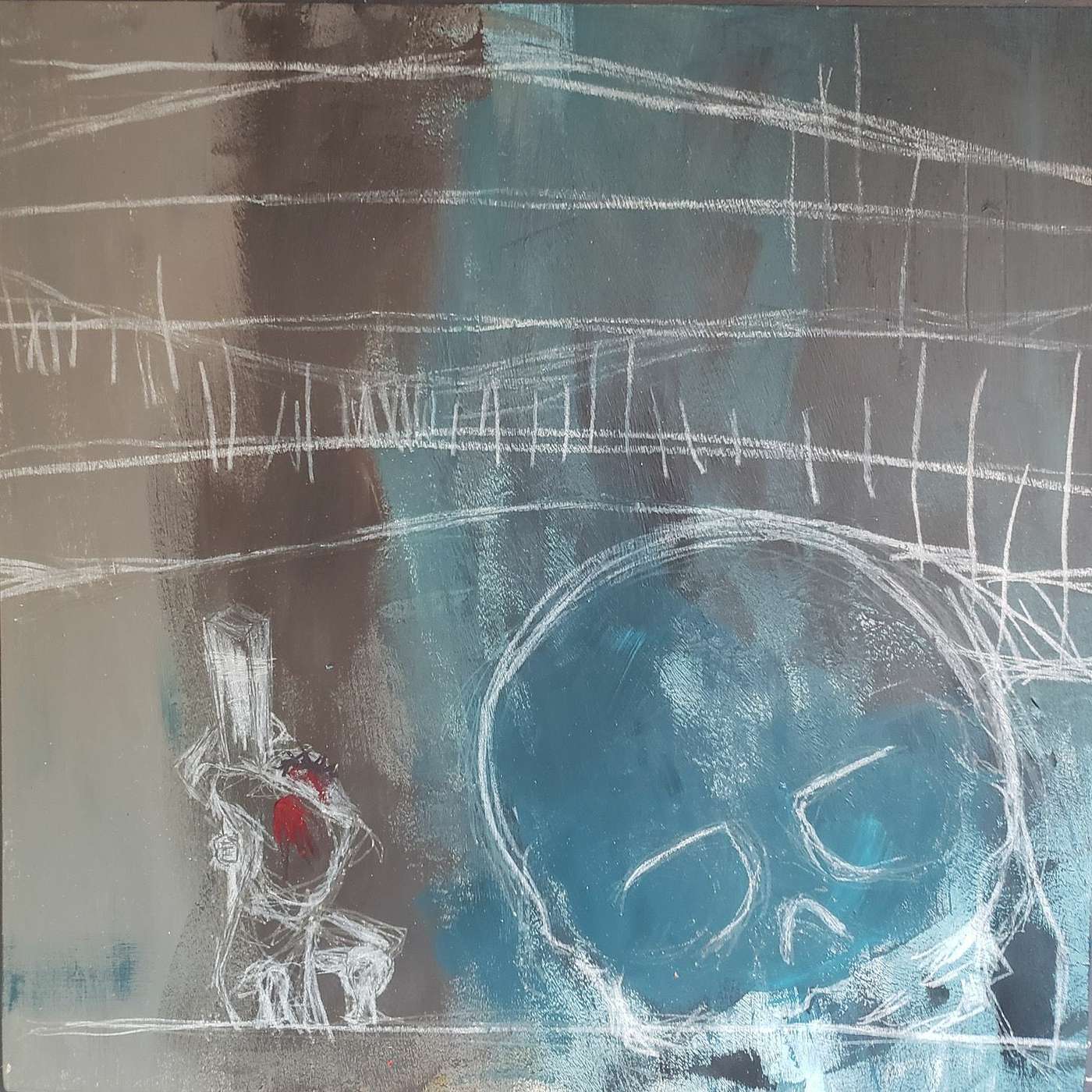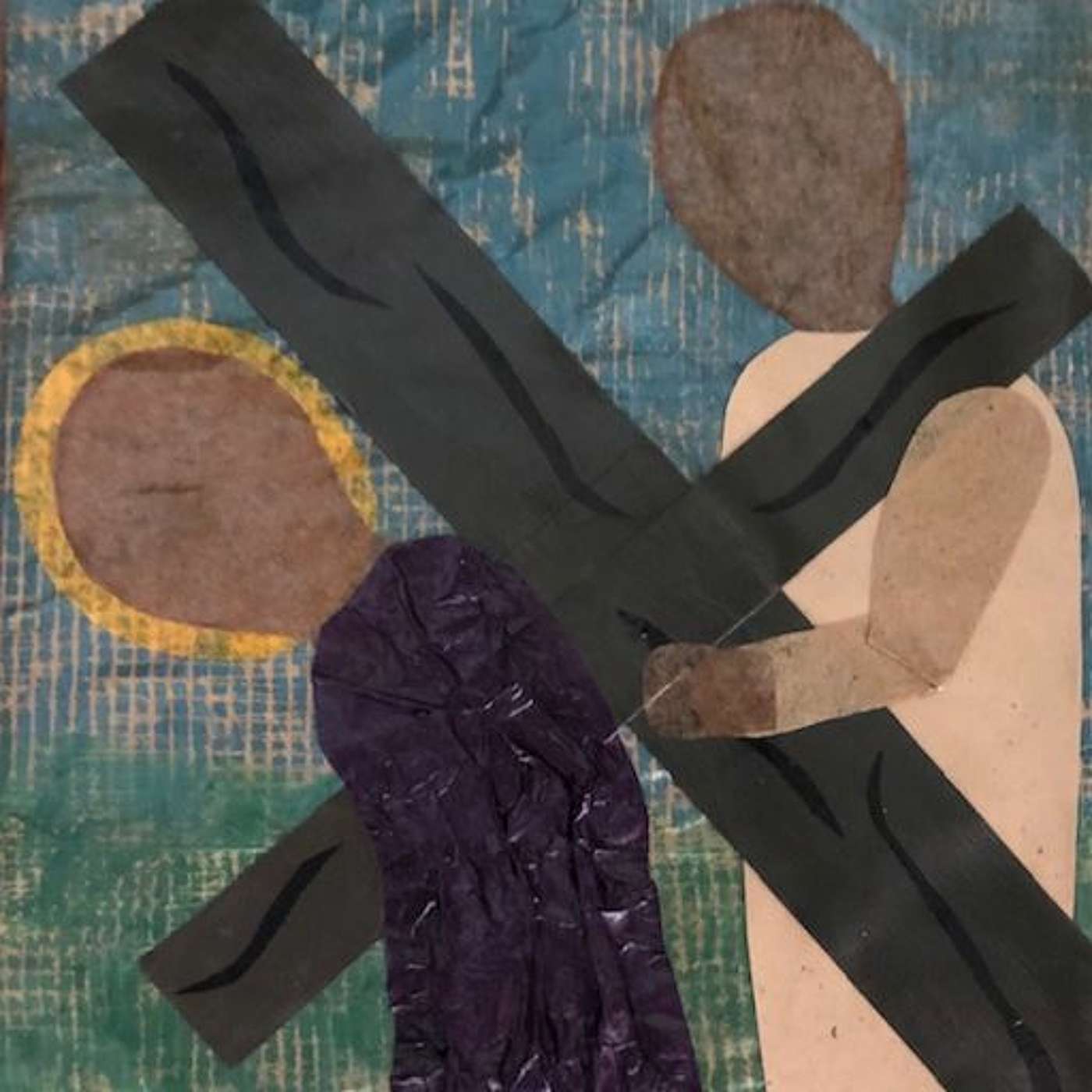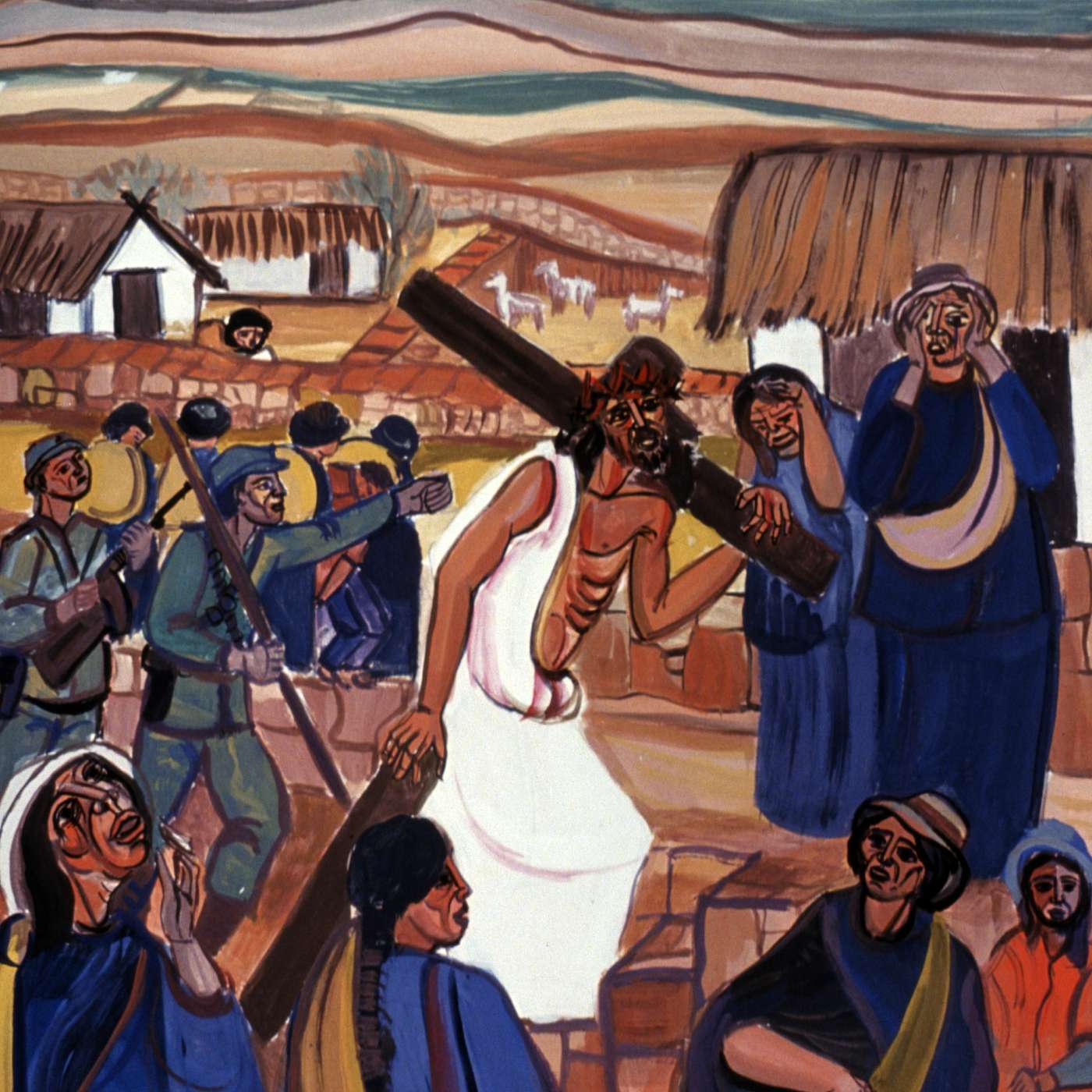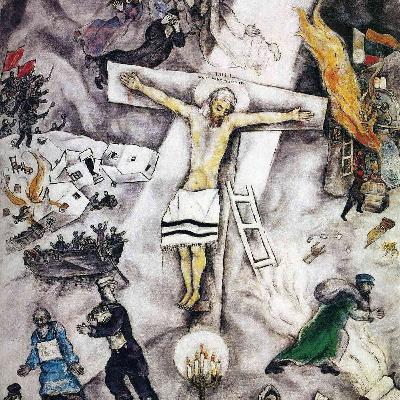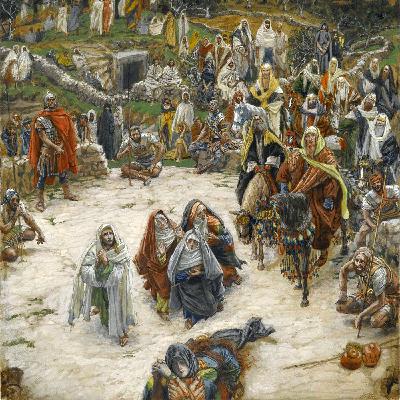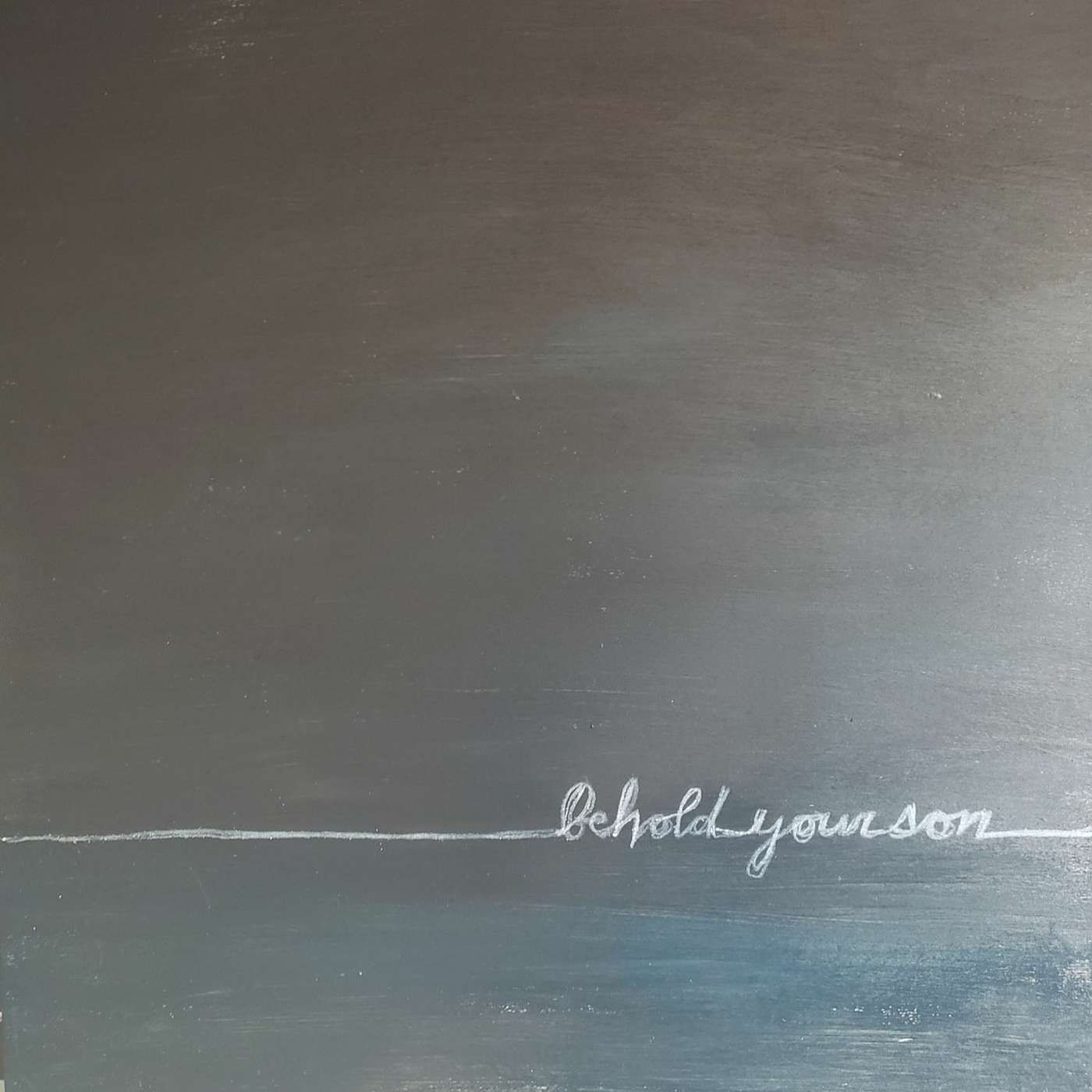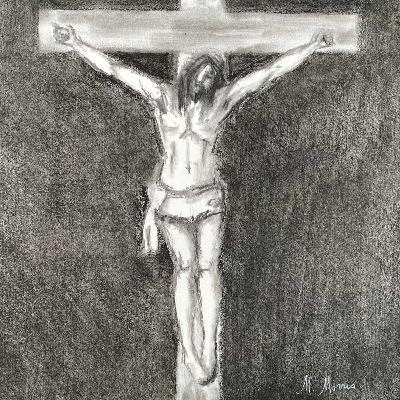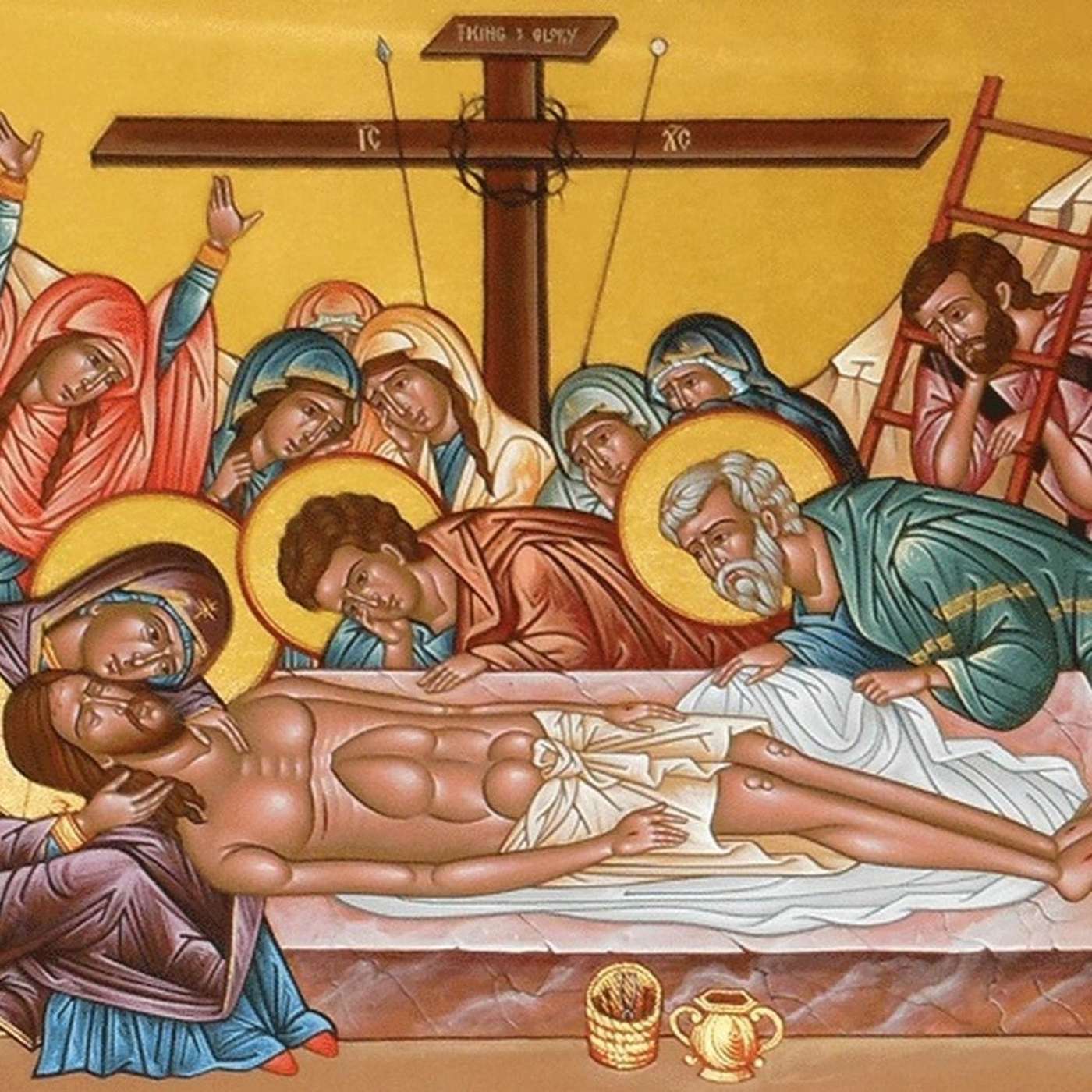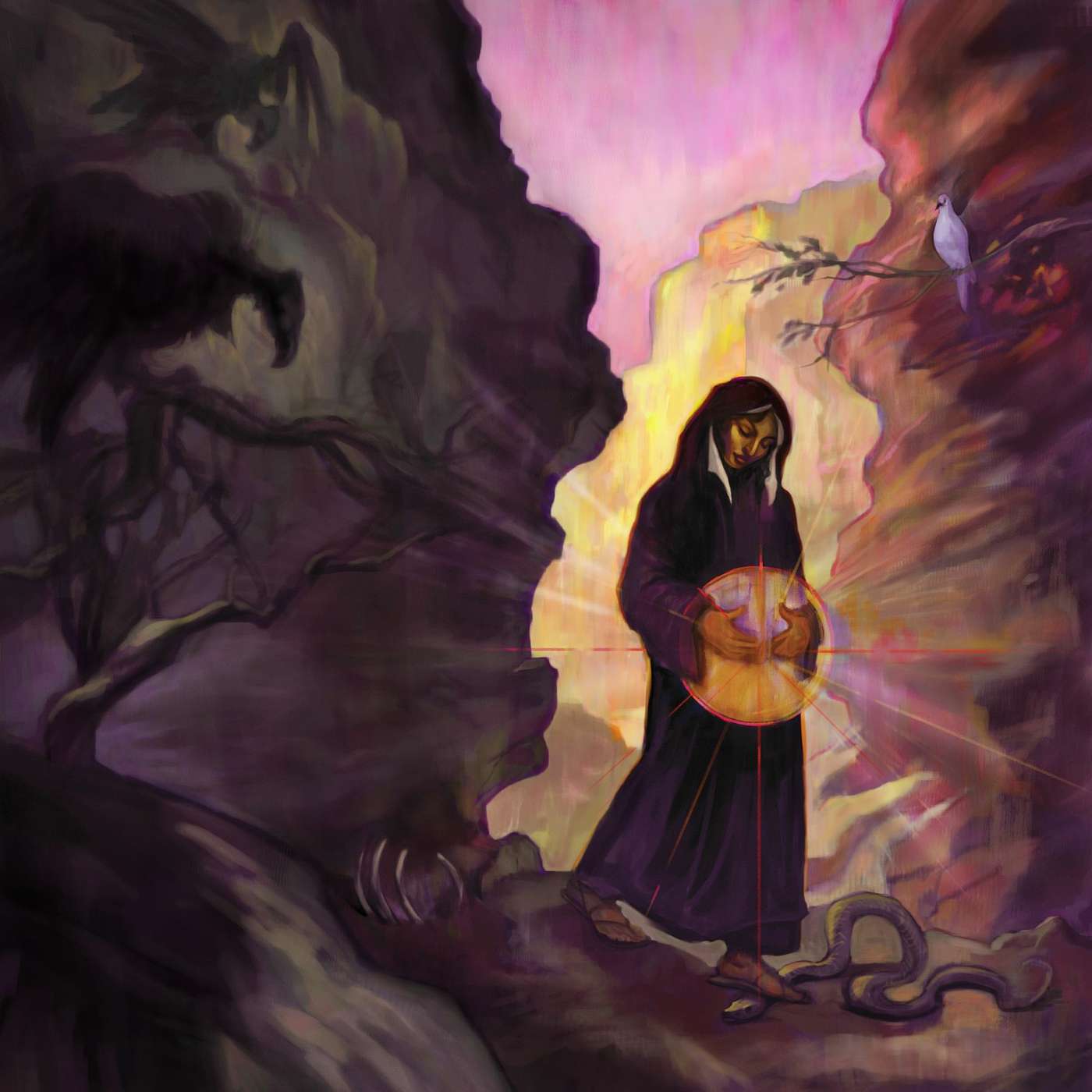Discover Betwixt Podcast on the Brink of Becoming
Betwixt Podcast on the Brink of Becoming

Betwixt Podcast on the Brink of Becoming
Author: Betwixt Podcast
Subscribed: 45Played: 3,777Subscribe
Share
© Betwixt Podcast
Description
Betwixt podcast is a unique place for meaningful conversations about the liminal spaces between faith, spiritual formation and a flourishing life. Through intimate conversations with fascinating guests, we share stories of their experiences at the brink of becoming and the wisdom of charting a course through the in-between.
Join us on this journey as we explore the depths of our innermost selves and the outermost reaches of our faith. We hope our stories will help you embrace the unknown and find the courage to step into the liminal space.
47 Episodes
Reverse
For centuries, Christians have set out on a holy pilgrimage in 14 movements. From the Garden of Gethsemane to the Garden Tomb, we invite you to walk with Jesus, experiencing the sorrow, suffering, and passion of his self-sacrificial love. This meditation introduces a series of 14 audio meditations that follow 14 Stations of the Cross.We follow in his way, knowing that one offers no greater love than laying down their life for others. As we join Jesus, we are reminded that we are his beloved children, made in his image, and invited to experience the beauty of his presence, even as we walk toward death.These meditations accompany sacred art crafted by the artists of Flourish Contemplative Center. To view the virtual gallery, visit ColumbusAnglicanMission.org. Flourish Artists include Michelle Morris, Michael O'Donnell and Lynn Staggs.
Meditation for Station 1: Passion. Jesus prays in the Garden of Gethsemane* Music provided by Les Petits Chanteurs de Montigny: Cantata Domino GO Pitoni and Kai Engel: Take a Look Around You.*Art: Christ on the Mount of Olives by Paul Gaugin (in public domain)
Meditation for Station 2: Betrayal. Jesus is betrayed by Judas and arrested.*Music: Les Petits Chanteurs de Montigny: O Bone Jesus; Violin by Neil Leonard* Art by Michael O'Donnell
Meditation for Station 3: Condemnation. Jesus is condemned by the Sanhedrin.*Music: Couperin's Prelude la Tromba, Air de Diable performed by Advent Chamber Orchestra; Perdue No. 1 performed by Barryvan*Art by Lynn Staggs
Meditation for Station of the Cross 4: Denial. Peter Denies Jesus.Music: Cappella Romana's Byzantine Chant: Prokeimenon; Kai Engel: Mist and CloudsArt by Michael O'Donnell
Meditation for Station of the Cross 6: Scourge. Jesus is scourged and wears a crown of thorns.*Music: Victim Paschali Laudes performed by Tudor Consort; Bach's Andante from Italian Concerto performed on harp by Catrin Finch.*Art by Michelle Morris
Meditation for Station 7: Burden. The King takes up his cross.*Music: Russian Liturgical Chant: The Cross Exalted Invites All Creation; Kai Engel: Cloudburst.*Art by Michael O'Donnell
Meditation for Station 8: Fall. Simon of Cyrene helps Jesus to carry his cross.*Music: Russian Liturgical Chant: Turn Not Thy Face Away from Thy Servant; Kai Engel: Aspirato.*Art by Lynn Staggs
Meditation for Station 9: Lament. Jesus meets the women of Jerusalem.*Music: Kai Engel: Morbid Imaginations; Couperin's Air de Diablo performed by Advent Chamber Orchestra* Art: The Outcry of the Women by Adolfo Perez Esquivel (creative commons)
Meditation for Station 10: Wounds. Jesus is stripped and crucified.To view the "White Crucifixion" by Marc Chagall, please visit this link to the Art Institute of Chicago: www.artic.edu/aic/collections/artwork/59426The song Via Dolorosa provided with courtesy by Young Noah.
Meditation for Station 11: Thirst. Jesus thirsts.*Music: Byzantine Chant Kontakion Unshakeable Foundation by Cappella Romana; Kai Engel: Soli.*Art: As Seen from the Cross by James Tissot (Brooklyn Art Museum, public domain)
Meditation for Station 12: Grief. Jesus speaks to his mother from the cross.*Music: Cujus Animam Gementem performed by Tudor Consort; Evermore by Kai Engel.*Art by Michael O'Donnell
Meditation for Station 13: Death. Jesus dies and the veil of the Temple is torn.*Music: Agnus Dei performed Tudor Consort; Curtains are Always Drawn by Kai Engel.* Art by Michelle Morris
Meditation for Station 14: Tomb. Jesus is buried in the tomb.*Music: Vivaldi's Credo Crucifixius performed by Advent Chamber Orchestra; Denouement by Kai Engel.* Icon by Emmanuel Lambardos the Younger , 1640 (after the prototype in Crete)
Spiritual Director Kelsie Meyers offers this beautiful prayer of Examen for the year end. In the presence of God and through the eyes of Jesus, you are invited to look back, noticing the movements of God in your life and to look ahead, cultivating hope for what is yet to come.Music courtesy of Borrtex: Bright Morning Star (Creative Commons)Photo by Simon Matzinger from Pexels
These advent reflections and prayers accompany the Weary World Rejoices Advent guide which is posted on the www.betwixtpodcast.com and Flourish Contemplative Center website. You are welcome to download the guide and join us in this journey of illumination toward Christmas!During Advent, we light candles to remind ourselves to watch for the light. Each week, we illuminate a theme that will grow our expectancy for the Advent - the coming of Jesus.You are invited to return to this prayer of examen each evening this week as a way of looking for God by examining your life in the last 24 hours.This week, the theme is Joy! Artwork by Cody Wood. Music courtesy of Lee Rosevere (Under suspicion) and Borrtex (Love Generosity; Falling Into Presence: https://freemusicarchive.org/music/Borrtex, Creative Commons so go give some love!
“Let’s forget nation-state politics until we can engage practically the injustices going on in our towns and villages in which we live.”David Fitch is the B. R. Lindner Chair of Evangelical Theology at Northern Seminary in Chicago. He is also the founding pastor of Life on the Vine Christian Community- a missional church in the Northwest Suburbs of Chicago. Many of you may know Fitch as a leading voice in conversations about culture and missiology. You can find more about him on his website reclaimingthemission.com and this podcast Theology on Mission.We find ourselves in a precarious and liminal time. And many of us grieve our angry culture that seems obsessed with antagonism. In his book the Church of Us vs Them, Fitch contends that the Church has been swept up in this Us-vs-them mentality that has turned us into an ‘enemy-making machine. This episode expolores how we got here and how we can free ourselves from a faith that feeds on division. And because this episode is about handling antagonisms, I take the opportunity to throw Fitch a few hand grenade questions! So stay tuned and see how he handles them!“When we extract belief out of practicing it in our everyday lives, it turns into a banner, an ideological cause that we rally people around. And we lose sight that God actually wants to work into our lives - transforming our lives into a way of life that witnesses the kingdom before the world.”
“I’m reading books by Richard Foster, Dallas Willard, Adele Calhoun, and I’m like, where is the information on African American spiritual direction? We need to have a voice in this community.”Dr. Barbara Peacock illustrates the liminal history of contemplative prayer, spiritual direction, and soul care within the African American tradition. Reflecting on significant men and women like Frederick Douglass, Martin Luther King Jr., Rosa Parks, and Howard Thurman—Barbara celebrates the practices of soul care as we learn from these spiritual leaders.“Liminal history is the only history that we know. We are a people that are continuously going from one revelation of humanity and equality to another.”Dr. Barbara is a preacher, teacher and a prayer warrior. Spiritual direction and soul care were the emphasis of her doctoral work, which led to her book Soul Care in African American Practice. “I believe we are on the brink of a great awakening. I think we’ve had one; we just didn’t realize it. I know people don’t see eye to eye on the protests, but there is a piercing and a transformation of the heart that is taking place.”Thank you to Taelor Gray for the podcast benediction with his song Closer.https://www.ivpress.com/soul-care-in-african-american-practicehttps://www.barbaralpeacock.com/http://www.taelorgray.com/Special Thanks to these musicians for permission to include these songs:Taelor Gray: CloserKai Engle: Irens Tale, Salue, Machinery, Morning Placidity, DenouementBorrtex: Black OutAudiobinger: Winter is Coming, Past RegretsLee Rosevere: Under Suspicion
Dr. Nicole Roccas joins me to talk about the problem of time and eternity. She suggests three ancient cures for despondency that still work today.Nicole is a historian and adjunct faculty member at the Orthodox School of Theology at Trinity College in Toronto. She is the author of the books Time and Despondency: Regaining the Present in Faith and Life, Under the Laurel Tree: Grieving Infertility with Saints Joachim and Anna, and A Journal of Thanksgiving: Record Three Years of Gratitude in a Sentence a Day.Nicole is the host of the Time Eternal podcast and co-hosts the Help My Unbelief Podcast. with her husband Basil."In eternity, God reveals himself as being. In time, God reveals himself as action in a way that we can respond and encounter his love and the love of one another.The incarnation reveals that God is not antithetical to the world of physical matter and decay. It tells us that God is with us and the age to come has, in a sense, already come." -Nicole Roccas
My guest is Timothy Carson, curator of the Liminality Project. After retiring from full time pastoral ministry, Tim began to teach and write about liminality. He is the author of Liminal Reality and Transformational Power and editor of the anthology Neither Here nor There: The Many Voices of Liminality. And he’s working on a new collaborative book on practical theology and the development of a Biblical Hermeneutic of Liminality.Tim also ministers as a field guide, helping others transition through life's passages. As an Emotional Freedom Techniques Practitioner, he works with individuals who have experienced past trauma.In this episode, Tim casts a vision toward a Biblical hermeneutic of liminality and what insight it might provide for us as we walk through this time of social liminality.Quotes from this episode: "If anything, socially isolating in our homes should drive us to a new sense of what it means to stand in a solitary way before God. "“It’s a colossal mistake in this social liminality of this pandemic to say things like, “When we get back to the way it was before.” We don’t want to go back. We want to pass through the wilderness and go to a promised land. We want to move toward a new reality and take the insights and ways we’ve been reshaped into building a new reality, a new world, a new heaven and a new earth."Every time we attach to a false object and raise it to the level of the Ultimate, which is a form of idolatry, there’s a kind of tear in the soul because we’re attaching to something that can’t sustain us. It’s something false, something unreal, and yet we’re putting all our hope in it. And there’s a kind of death that takes place when we do that.""Part of the danger of wilderness in liminal space is what happens to our attachments. If we’ve lost anchors and structure, there’s the possibility that in liminal space, we attach incorrectly to the many false gods that we will worship. We will attach to the many illusions that will fall away."What is the gift of what we may become because of the liminal space? We look for the ways we might be transformed because of it. It would be a grand thing if people of faith would stop asking “When we can get back to church?” Which to me sounds like wanting to clamor back to Egypt. Wanting to clamor back to structure? What if God doesn’t want us to go back to structure? What if God doesn’t want us to go back to the way we were before? What might we become of us because of this?


